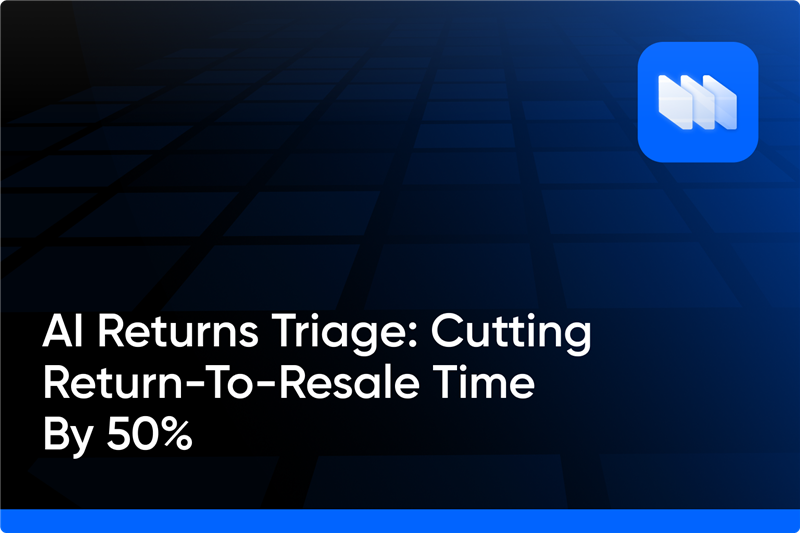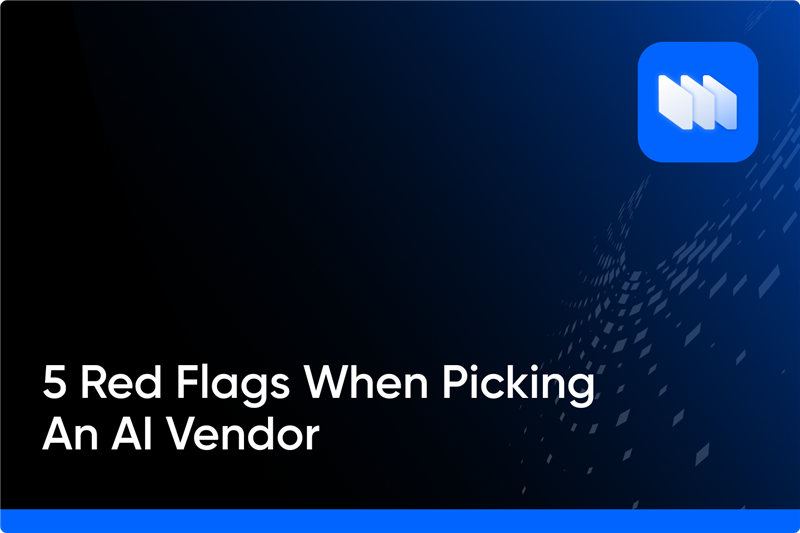Missed Reservations? 7 Ways Your CX Stack Bleeds RevPAR – The AI Fix
Every hotelier lives and breathes RevPAR – Revenue Per Available Room. It's the ultimate litmus test for financial health, the metric that tells you how well you’re filling your rooms and how much revenue each one generates. But what if there’s an invisible leak in your carefully constructed strategy, quietly siphoning off potential revenue? More often than not, this leak isn't a problem with your pricing, but rather a fractured, inefficient Customer Experience (CX) stack that's bleeding your RevPAR dry.
In an increasingly digital world, the guest journey begins long before check-in and extends well after check-out. If your various CX tools—booking engines, CRM, property management systems, communication platforms—aren’t talking to each other, you’re not just annoying guests; you’re missing reservations, losing repeat business, and leaving money on the table.
Pointing Fingers: 7 CX Stack Issues Stealing Your Bookings
Let's pinpoint the common culprits within your CX technology that are quietly eroding your RevPAR:
- The "Ghost" of Unanswered Inquiries: A potential guest asks a question on social media, email, or your website chat, and then… crickets. Or a delayed, generic response. This pre-booking communication breakdown kills conversions faster than anything.
- Data Silos: The Right Hand Doesn't Know What the Left is Doing: Your booking system knows their name, your PMS knows their room preference, and your marketing tool knows their last stay date. But if these systems don't sync, you can't offer a truly personalized experience, leading to frustrated guests and missed upsell chances.
- Generic Interactions: One-Size-Fits-None Syndrome: Blasting the same pre-arrival email to a business traveler as you do to a family on vacation is a missed opportunity. Guests expect tailored communication, and a lack thereof feels impersonal and unwelcoming.
- Clunky Online Booking Journeys: A website that crashes, a booking form with too many fields, or hidden fees that pop up at the last minute – these friction points lead to high reservation abandonment rates.
- Reactive Service Recovery: Fixing Problems, Not Preventing Them: Discovering a guest is unhappy after they’ve complained at the front desk or left a scathing review is too late. An effective CX stack should enable proactive service.
- Missed Upsell/Cross-sell Opportunities: Did the family with young kids see an offer for your kids' club? Was the business traveler presented with executive lounge access? If your system can't intelligently present relevant add-ons, you’re missing out on ancillary revenue.
- Post-Stay Disconnect: The Forgotten Guest: The relationship doesn't end at check-out. If you don't nurture past guests with personalized offers or follow up on their experience, you’re losing out on invaluable loyalty and powerful word-of-mouth marketing.
Enter AI: Plugging the Leaks in Your CX Stack
This is where artificial intelligence steps in, not as a replacement for human hospitality, but as a powerful enabler. AI acts as the connective tissue that can transform a fragmented CX stack into a seamless, revenue-generating machine. It allows you to move from simply reacting to guest needs to anticipating them, plugging those invisible leaks in your RevPAR.
Smart Communications: AI-Powered Pre-Stay Nurturing
AI-powered chatbots can provide instant, accurate answers to pre-booking queries 24/7, capturing potential guests before they bounce. Beyond instant answers, AI can drive highly personalized pre-stay communications. Imagine not just addressing guests by name, but sending them tailored recommendations for local restaurants based on their past dining preferences, or suggesting nearby attractions suited for families with children.
Future & AI Lens: Picture a generative AI dynamically composing pre-arrival messages. It's not just personalizing names; it's crafting unique recommendations for local experiences or amenities, drawing on the guest's past stays, inferred travel purpose, and even subtle cues from their online footprint (with explicit consent, of course!). This level of foresight elevates a generic email into a bespoke concierge service, directly influencing guest satisfaction and increasing the likelihood of ancillary spend.
Unifying Data: AI-Driven Guest Profile Orchestration
The holy grail of hotel CX is a single, unified guest profile. AI makes this a reality. It can pull disparate data from your Property Management System (PMS), Central Reservation System (CRS), loyalty programs, online travel agencies (OTAs), and even public sentiment from review sites and social media. By creating a holistic, dynamic view of each guest, every interaction – whether with a front desk agent, a concierge, or an automated message – feels informed and consistent, driving loyalty and repeat bookings.
Conversion Catalyst: AI Optimizing the Booking Funnel
AI is a game-changer for your online booking journey. It can perform rapid A/B testing on website elements to identify what drives conversion. More powerfully, predictive AI can identify visitors who are showing signs of booking abandonment – perhaps hovering over the back button or lingering on a complex form field. In such instances, AI can trigger a perfectly timed, targeted intervention, like a live chat prompt, a simplified offer, or a subtle push notification to complete the booking.
Proactive Problem Solving: AI in Service Recovery
Rather than waiting for a complaint, AI allows hotels to anticipate and address issues proactively. By analyzing sentiment from online reviews, social media mentions, and even internal guest feedback channels, AI can flag potential frustrations before they escalate. It can identify patterns in past guest complaints and even predict operational issues (e.g., a common complaint about Wi-Fi on a specific floor) enabling staff to intervene and resolve the problem before it even impacts the guest's stay. This leads to higher guest satisfaction and, critically, better online reviews that directly impact future bookings.
Tired of your hotel's CX stack hindering your RevPAR? Magentic specializes in integrating intelligent automation and AI into hospitality operations, streamlining guest journeys, and optimizing revenue. Our solutions transform scattered data into actionable insights, ensuring every guest interaction maximizes value. Discover how we can elevate your guest experience and boost your bottom line.
FAQ
- Q1: What is RevPAR and why is customer experience crucial for it?
- A1: RevPAR (Revenue Per Available Room) is a key hotel performance metric, calculated by multiplying your average daily room rate by your occupancy rate. Customer experience is crucial because satisfied guests are more likely to book directly (avoiding OTA commissions), return for future stays, recommend your hotel to others, and spend more on ancillary services like dining, spa, and activities. All these factors directly contribute to a higher RevPAR.
- Q2: How can AI help bridge data silos in a hotel's CX stack?
- A2: AI excels at data integration. It can connect disparate data sources within a hotel's CX stack (such as the Property Management System, CRM, booking engine, loyalty program, and even social media/review platforms). By using machine learning, AI extracts, standardizes, and unifies guest information into a single, comprehensive profile. This enables a holistic view of each guest, allowing for consistent and personalized interactions across all touchpoints, which is vital for effective guest journey orchestration.
- Q3: What are some immediate benefits of implementing AI in hotel customer service?
- A3: Hotels can see immediate benefits from AI in customer service. These include faster response times for guest inquiries (e.g., via AI chatbots available 24/7), a significant reduction in staff workload on repetitive tasks, improved personalization in guest communications (from pre-arrival to post-stay), and a more accurate understanding of individual guest preferences. This leads to increased opportunities for relevant upsells and cross-sells, ultimately boosting both guest satisfaction and loyalty.
.png)
.png)






.png)